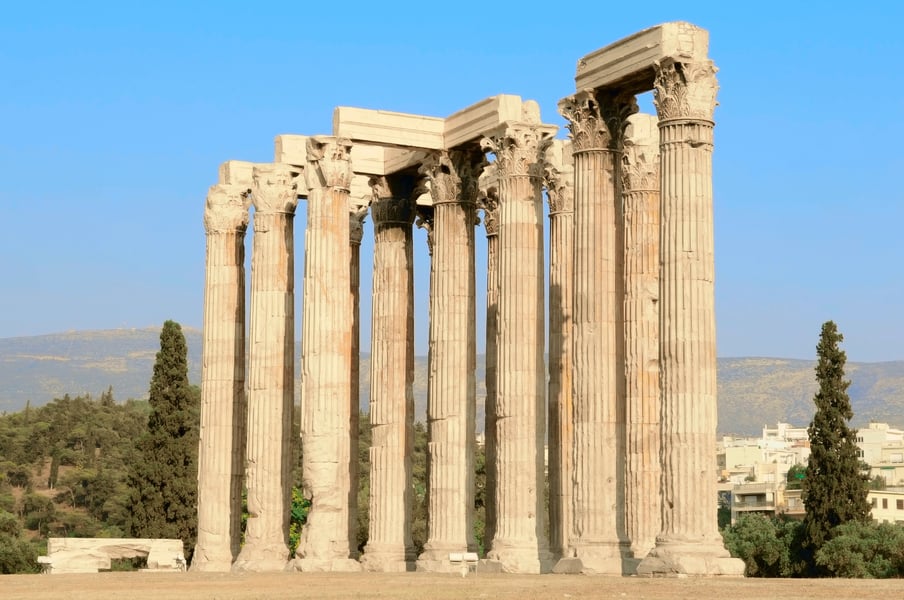The Greek Miracle
Share
By Hillsdale College Online Courses April 11, 2016
Dr. Paul Rahe discusses the miracle of the Greek polis—its capacity for producing citizens of high intellectual and moral character. According to Dr. Rahe’s reading of Pericles’ “Funeral Oration,” the essential trait of a good citizen of the polis [city-state] is their interest, not just in their own good, but in the common good of the polis as well.
The following video is a clip from Hillsdale’s Online Course: “Western Heritage,” featuring Dr. Mark A. Kalthoff, history department chairman and professor of history, and John J. Miller, director of the Dow Journalism Program.

Transcript:
Politically, to rise to the common good in the assembly; to rise to a consideration of the common good, requires another kind of virtue—a kind of virtue in which we overcome the separateness of bodies and the diversity of interests and set that aside. The church fathers have a word, ekstasis, for the human capacity to stand outside of one's self as you do in the morning when you look in the mirror and sometimes don't like what you see. As you do every time you are ashamed or feel guilt. You stand in judgment on yourself. We have a capacity to leave ourselves behind. That capacity in the Greek city is informed by what the Greeks call paideia, that is to say, by education. That paideia is intended to enable one who is capable of ekstasis to rise to the appropriate occasion.
Greek regimes are ultimately judged by the formation of the citizens, by the character of the citizens that their institutions shape. You can see this very clearly in Pericles' “Funeral Oration.” He talks about wanting to describe their politiea, their form of government. He says a word or two about the institutions of their government, and then he launches into a disquisition on the character of the Athenians.
What's most interesting about this is what he says about two thirds of the way into it. He says:
"Our love of what is beautiful does not lead to extravagance. Our love of the things of the mind does not make us soft”—actually the Greeks say philosophume [meaning], ‘We love wisdom. We philosophize without becoming soft.’—“We regard wealth as something to be properly used rather than something to boast about. As for poverty, no one need be ashamed to admit it. The real shame is not taking practical measures to escape from it."
He then comes to the point:
"Here each individual is interested not only in his own affairs but in the affairs of the city as well. Even those who are mostly occupied with their own business are extremely well informed concerning general politics. This is a peculiarity of ours. We do not say that a man who takes no interest in politics is a man who minds his own business. We say that he has no business here at all."
Think about that claim. Very different from the American attitude in which politics exists to serve the private world, in which we ask at the end of four years, “Are you better off now than you were four years before?” No, what they [Athenians] say is, we do not say that a man who takes no interest in politics is a man who minds his own business. We say that he has no business here at Athens at all.
"We Athenians in our own persons take our decisions on policy or submit them to proper discussion, for we do not think that there's an incompatibility between words and deeds. The worse thing is to rush into action before the consequences have been properly debated. This is another point where we differ from other people. We are capable at the same time of taking risks and of estimating them beforehand. Others are brave out of ignorance, and when they stop to think, they begin to fear. But the man who can most truly be accounted brave is he who best knows the meaning of what is sweet in life and what is terrible."

